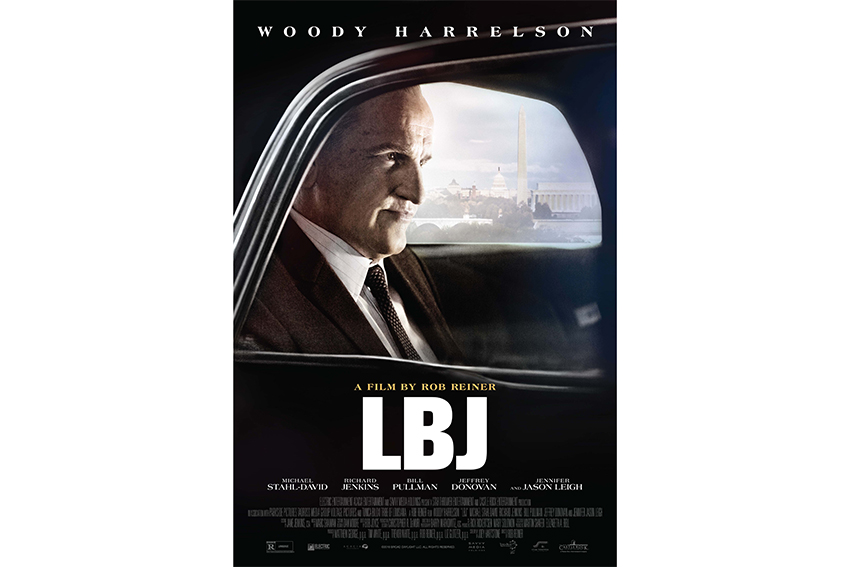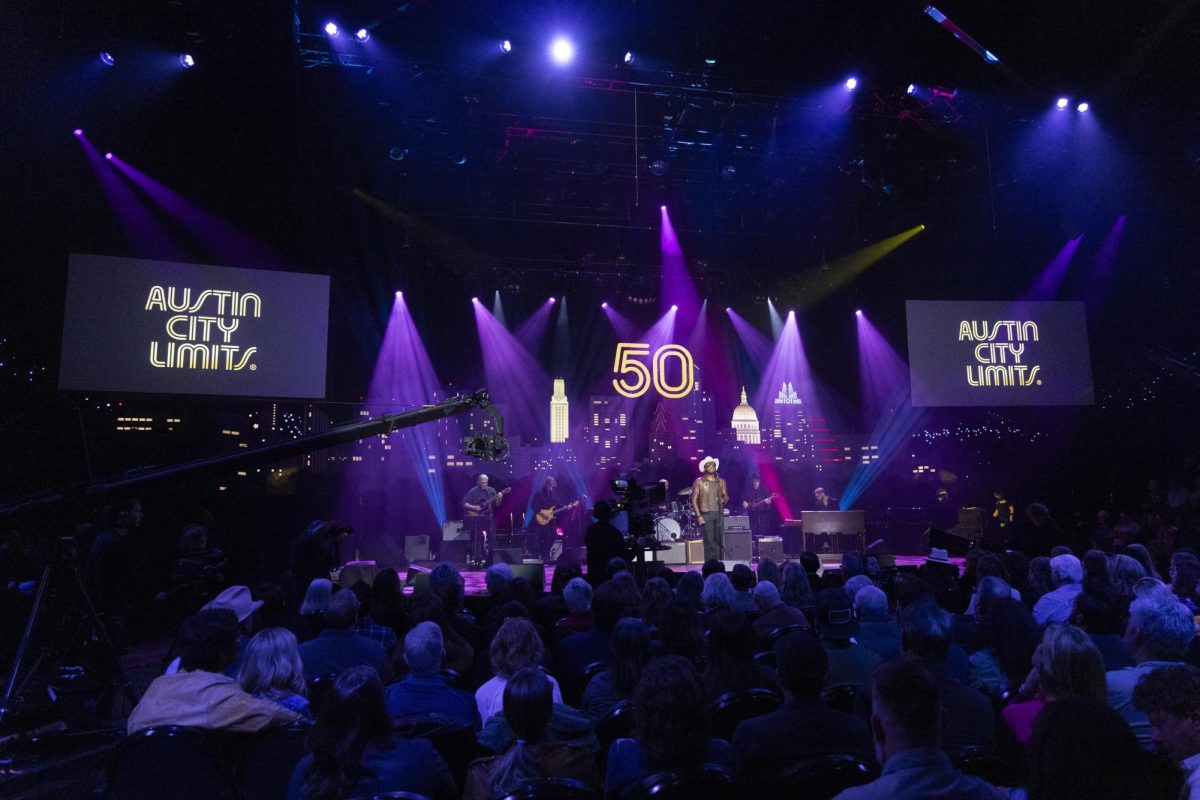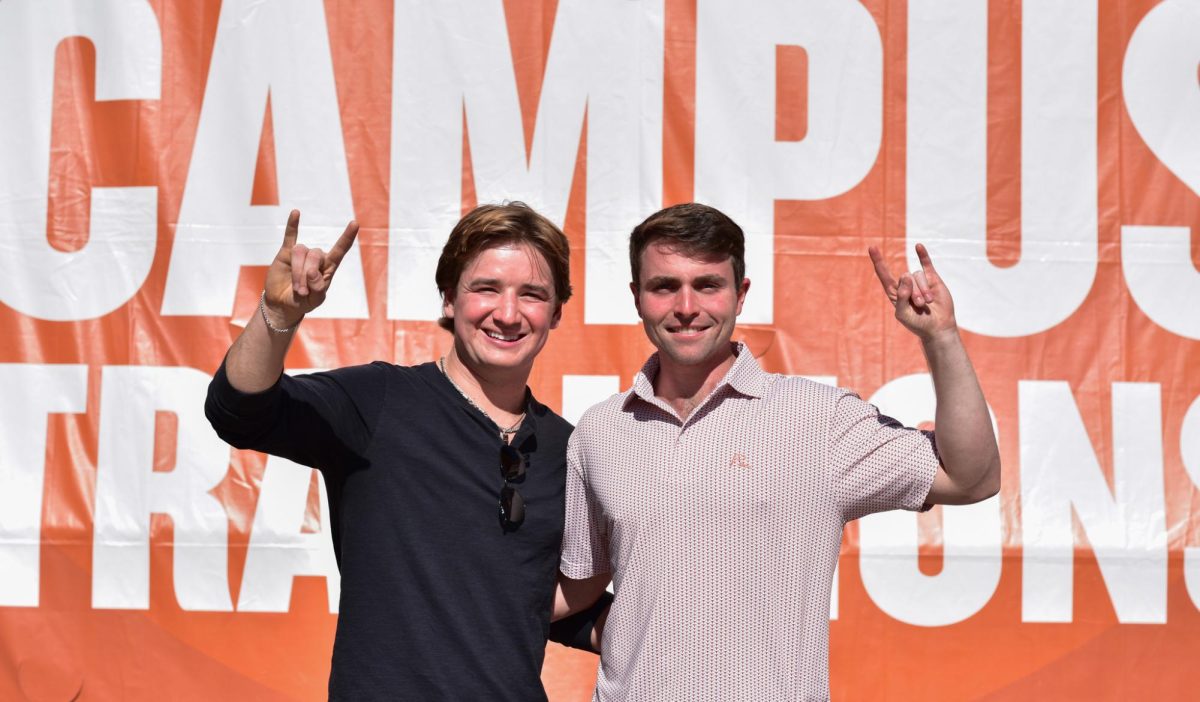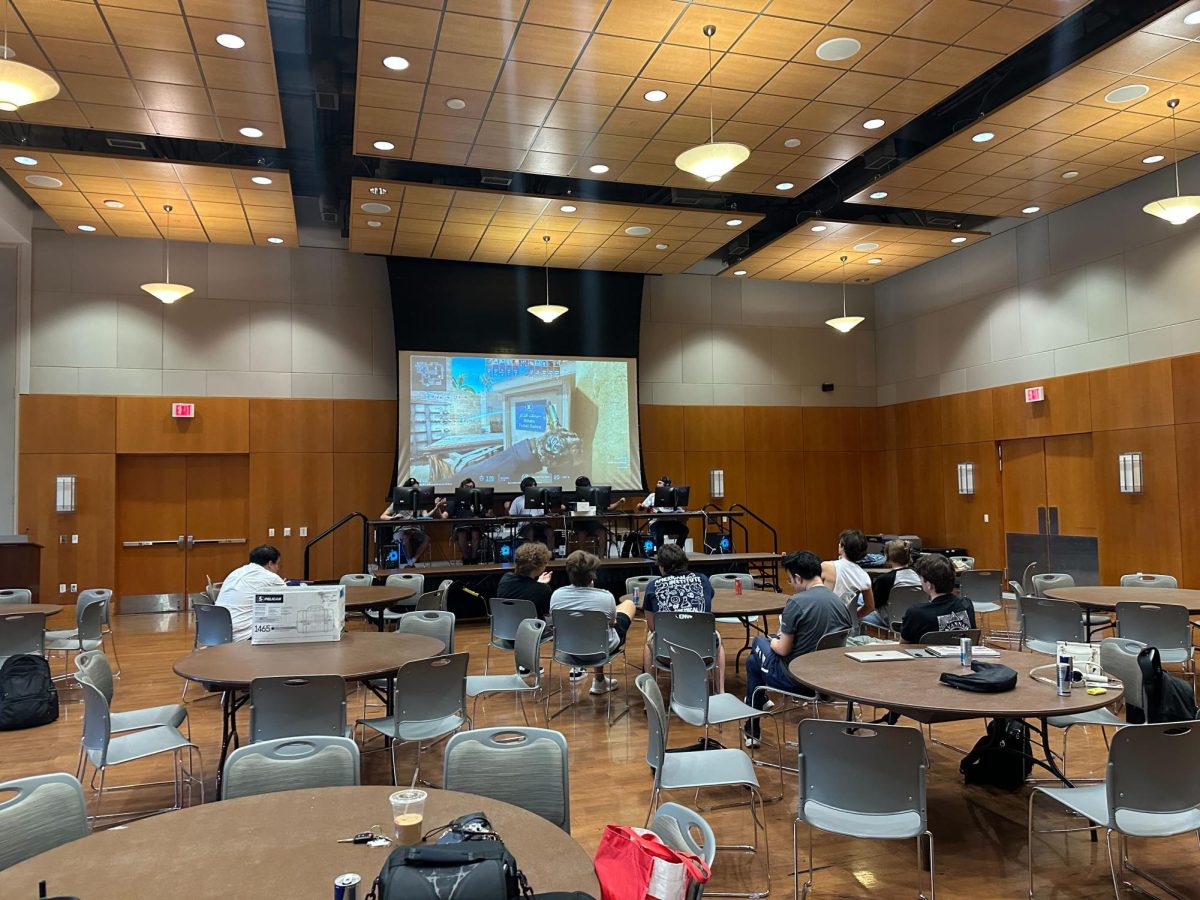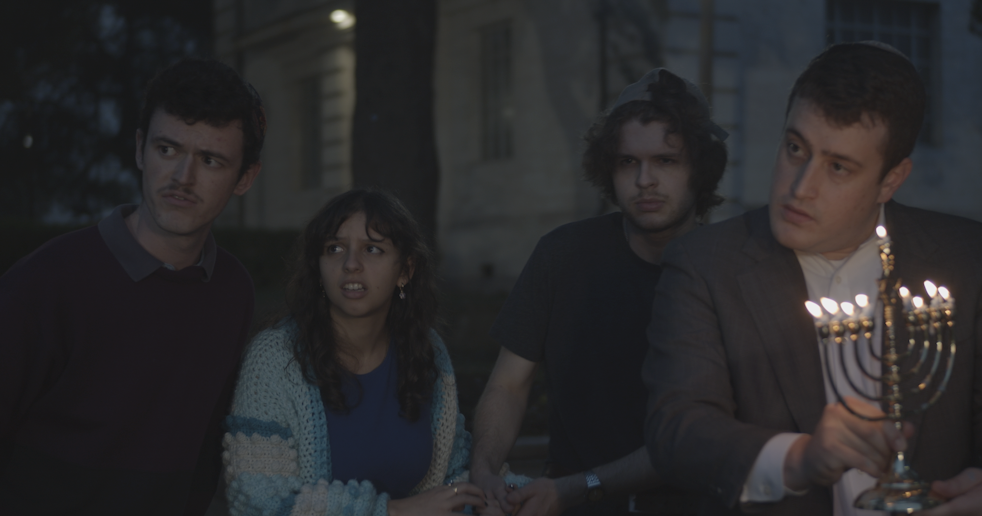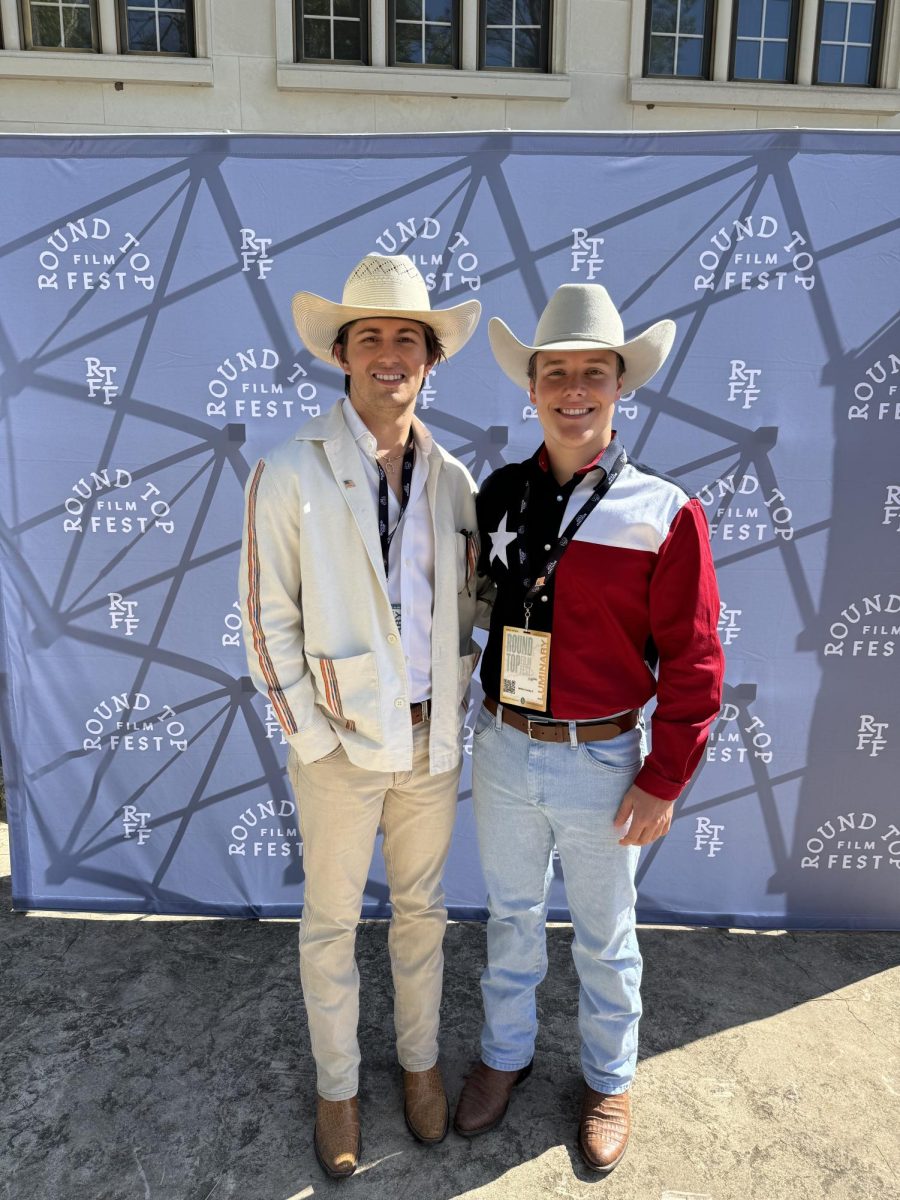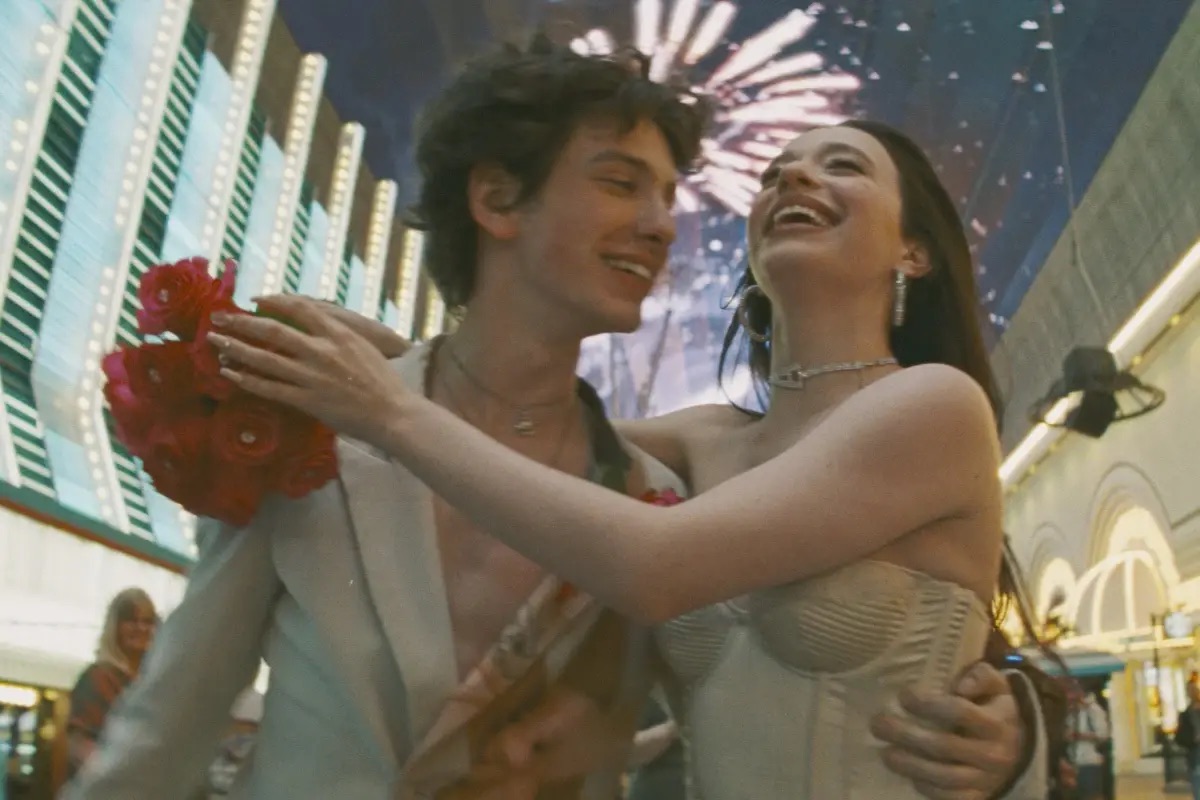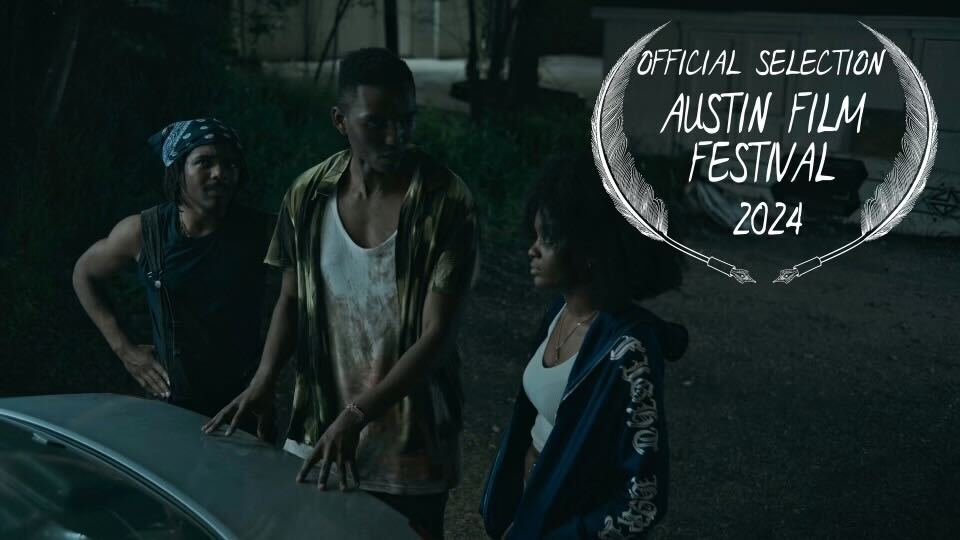“Platoon,” “Apocalypse Now,” “The Deer Hunter” — Lyndon Johnson’s legacy in Hollywood hasn’t entirely been positive, but “LBJ” attempts to shed new light on one of America’s most polarizing presidents.
The ever-present legacy of politics in the 1960s is the focus of Rob Reiner’s first biopic, “LBJ.” The film takes place in the two weeks after John F. Kennedy’s assassination, as the newly sworn-in president Lyndon Johnson (Woody Harrelson) struggles to stabilize the mourning country. Parallel to the main narrative is a flashback timeline that explores Johnson’s 1960 bid for the presidency and subsequent role as vice president under Kennedy.
“LBJ” purposefully ignores Johnson’s dealings in Vietnam in an attempt to focus entirely on the prominent figure’s more human emotions — his insecurity, ambition and compassion. Instead, the film attempts to rewrite history, putting itself into a mold that is wholly unsatisfying in doing so.
It is likely that “LBJ” will be overshadowed by the similar 2016 HBO-produced film “All the Way” starring Bryan Cranston as the accidental president. Cranston, who also played LBJ on Broadway, had more experience than Harrelson when approaching the role, providing a more complex and striking resemblance to the character. But where “All the Way” fixates on the former president’s hardened demeanor and legislative achievements, “LBJ” seeks to personify Johnson as an elusive leader.
In casting, Reiner chose Harrelson for his Southern drawl, understanding of the Texan mentality and ability to express humanity. Harrelson is no doubt down-to-earth, , but his performance feels textbook. During the first act, Harrelson procedurally gestures at the audience, be it methodically staring out of a window facing the West Wing or yelling indecencies while talking to his advisors on the toilet. This gives the audience little to leave the theater with.
The same goes for Jennifer Jason Leigh (“Fast Times at Ridgemont High,” “The Hateful Eight”) and Jeffrey Donovan (“Shut Eye,” “Burn Notice”) who play Lady Bird Johnson and JFK. Their heavy makeup actually hinders their performance, making them little more than historical set pieces for Harrelson to play off of. However, Michael Stahl-David’s Robert Kennedy makes for a fine foil opposite Harrelson and provides a different look at the Kennedy’s presence in the White House. The mythology surrounding the Kennedys boils down to a few college roommates capitalizing on their good looks, with Stahl-David feeling less like an attorney general, and more like a smart-aleck bully.
Eventually, the formalities of the first act fade and open the narrative to the action, but the argument Reiner’s trying to make has already been made. Films like “All the Way” and “Selma” have already shown glimpses of Johnson’s true character, and what’s left to tell is hardly worth the effort of an entire movie. This is where biopics mistake historical drama for a character study, and many recent films have made this same slip, such as “42” or “Jobs” (not to be mistaken with “Steve Jobs”).
“Based on true events” has become a familiar phrase, as Hollywood becomes increasingly preoccupied with predigested content. Unfortunately, this obsession comes at the expense of innovative and original storytelling. Reiner, one of the most accomplished directors of the 1980s and 1990s, makes this misstep in the new millennium with “LBJ.”
"LBJ"
- Runtime: 98 minutes
- MPAA Rating: R
- Rating: 2/5

